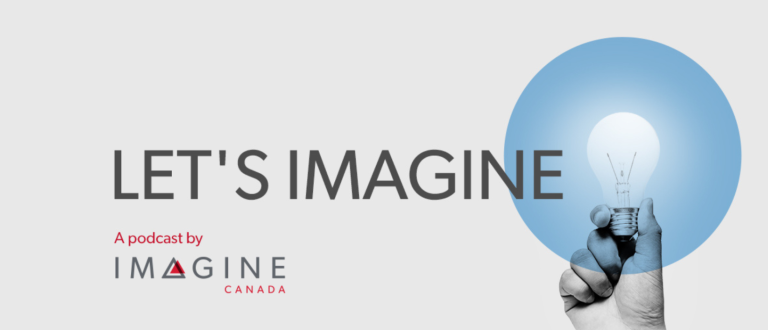We know the tide is turning when industry leaders like Mitchell Cohen, the President of the Daniels Corporation, encourages the private sector to: “climb aboard the 'social procurement' train."
As with any business, increasing sales opportunities is a critical factor for success. But for social enterprises, additional sales translate into more than just increased revenue or profits; more revenue creates the opportunity for even greater social impact!
What is social procurement?
Social procurement (often referred to as social purchasing) is essentially buying contracts for goods and services from social enterprises, with the intention of making a positive social impact, be it job creation for a historically disadvantaged community, or reducing carbon emissions. It means leveraging money that will already be spent on contracts by governments, private companies or nonprofits to also further a social good. This practice is extremely important for opening up social enterprise market opportunities.
Social purchasing is emerging as a means for government, private sector, institutions and nonprofits to leverage their existing purchasing into an added value outcome. They are moving their purchasing from being a simple business transaction to get the lowest priced option to using purchasing to achieve a social value, too.
What are the benefits of social procurement?
With the intentional use of existing purchasing we are able to address issues such as poverty, housing, targeted employment and social isolation. The direct result of social procurement initiatives means many more people who experience barriers to employment are getting work with social enterprises such as EMBERS in Vancouver or Build in Winnipeg, across the portfolio of the Toronto Enterprise Fund or DASC in Halifax.
Social purchasing doesn’t negate the need for competitive pricing, quality of service and goods, and environmental issues; it merely adds another lens into the purchasing consideration. Social purchasing and increasing enterprise success isn't a silver bullet for social sector organizations or the communities that we serve. Nor is social enterprise a replacement for government support or charitable giving - but it is another tool available for income generation and delivering social impact.
How is policy is being developed to support the social value marketplace?
The current policy arena at the municipal level, provincial strategies, and federal mandates and legislation is rife with government initiatives. We are seeing multiple drivers influencing this shift to social procurement. Federally, the mandate letter to the Minister of Public Service and Procurement Canada (PSPC) includes social value within its purchasing modernization goals. House of Commons bill C-344, which will allow the Minister of PSPC to add a social value unto federal infrastructure investments, is making its way towards passing, potentially this fall (see our Early Alert April 10th edition for more info on that specific bill).
Provincially, British Columbia has published Social Purchasing Guidelines. Ontario, Manitoba, Quebec and Nova Scotia have criteria for social purchasing within their social enterprise and social economy strategies. In terms of municipalities, Victoria, Cumberland, Vancouver, Fort McMurray, Toronto, Montreal and other municipalities have social procurement policies in place. Vancouver and Toronto have used community benefit agreements to ensure a community value from major developments and infrastructure.
The rapid social procurement evolution across government is in turn influencing and impacting the decisions along their entire private sector supply chain. Major institutions, especially universities and colleges including the University of Winnipeg, Concordia, UBC, and others, are realizing their purchasing should, and can, align with their community development and sustainability goals.
The sector is energized and moving on social procurement
Operationally, Buy Social Canada is the only national third-party certification body for social enterprises and social enterprise purchasers. On our website, we’re building a resource library of public policy examples and related cross-sector tools to enable the growth of procurement activity and experience within the nonprofit sector.
To this end, we are also building a network of partnerships and collaborations across the country. We’re currently working with the partners of S4ES to map out a supportive ecosystem, as well as the Social Value Marketplace Community of Practice and the upcoming Social Procurement Summit in Gatineau, November 27 & 28.
A community of practice on social enterprise
The Social Value Marketplace Community of Practice emerged as a result of several random conversations about “what’s going on in your community or region” on issues related to social procurement. Coordinated by Buy Social Canada, it is open to anyone interested in learning more and sharing updates on the range of social procurement policies and practice across the country. The group already boasts membership from all levels of government, private sector purchasers, social enterprise suppliers, and consultants in the field sharing their experience and learning from one another.
Find out more about Buy Social Canada's work on their website.
Guest contributions represent the personal opinions and insights of the authors and may not reflect the views or opinions of Imagine Canada.



